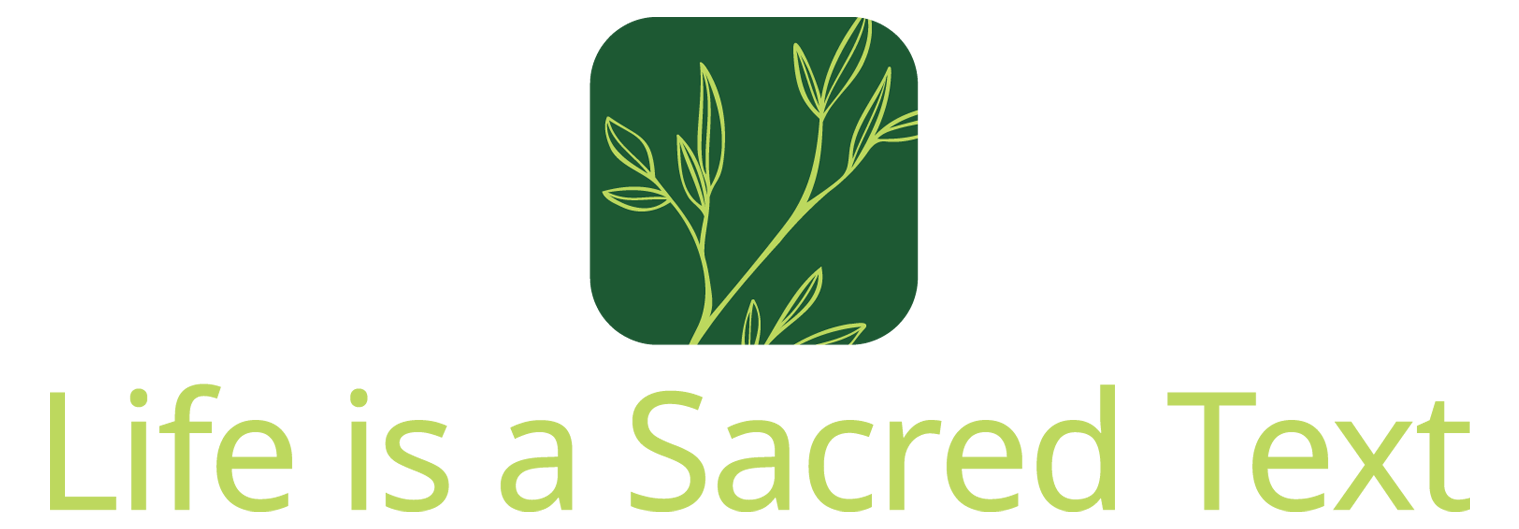Tools for the Long Haul
Words on Words
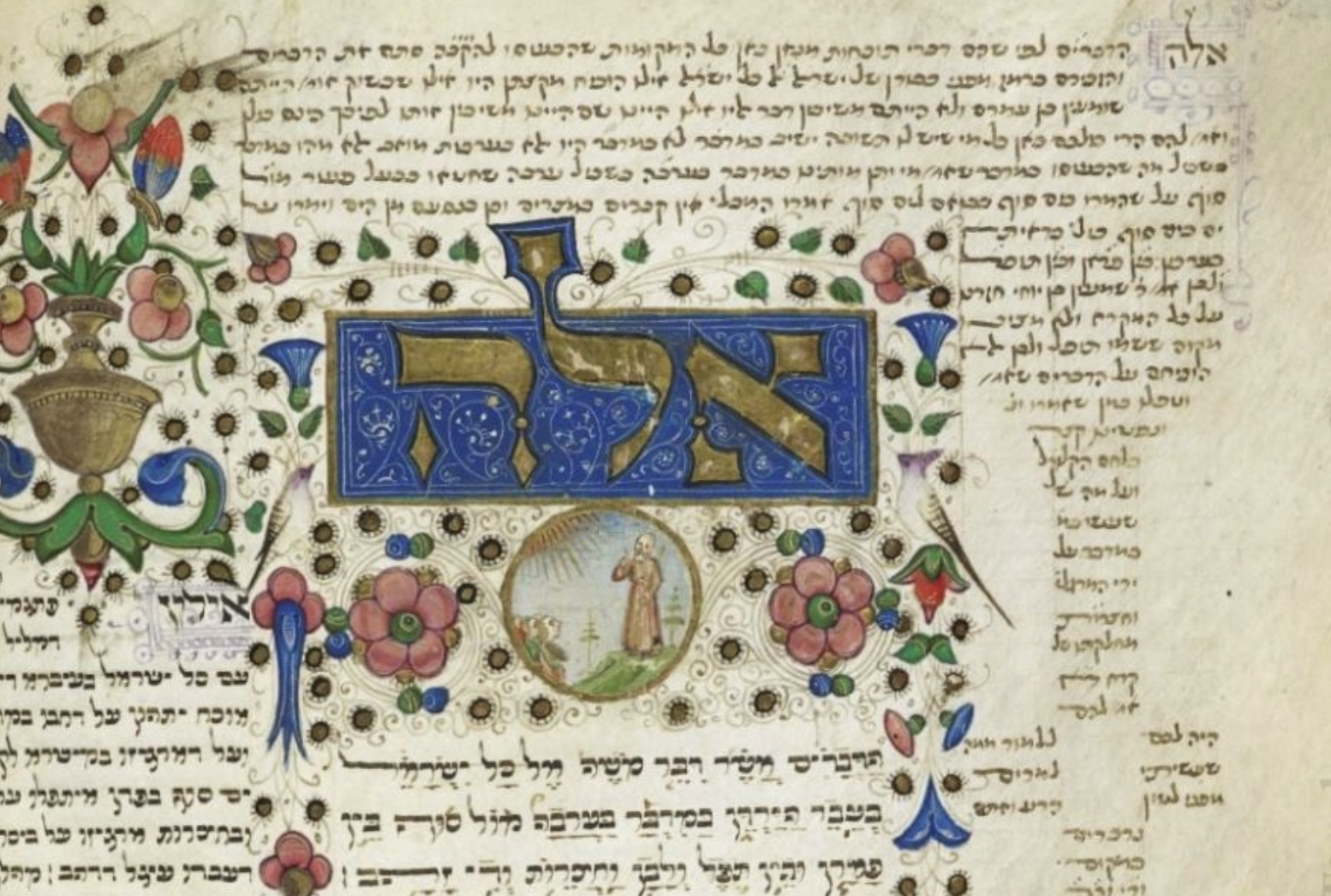
This is Life as a Sacred Text 🌱, an everybody-celebrating, justice-centered voyage into ancient stories that can illuminate our own lives. It‘s run on a nonprofit, so it’s 100% NAZI FREE. More about the project here, and to subscribe, go here:
A couple of weeks ago, I asked you some questions, and some of y'all were obliging enough to answer. (Please do so now if you didn't then! Still grateful for your input.)
Though obviously no single takeaway could possibly please everyone, a few themes did emerge:
1) I'll try to rein in the word counts! 😬
2) It seems that the mixed font sizes make things harder (not easier, as I'd thought) to read? So I will try things differently– and as always, please offer feedback.
3) Most controversial: Some folks want more politics, while more people, it seems, miss the biblical. So today we'll dive straight into Deuteronomy, at long last, with the disclaimer that we will likely weave in and out of here as the mood, and moment, demands. Know that I ALWAYS welcome more feedback– in the comments, to support@lifeisasacredtext.com, or any other way. Don't be shy!
4) Friends! Really! If you want in to the House of Study and paying isn't possible now, support@lifeisasacredtext.com is here for you. There is no means testing. (And if you're able to support independent Torah now, that's how this project will be able to continue.)
OK. Now.
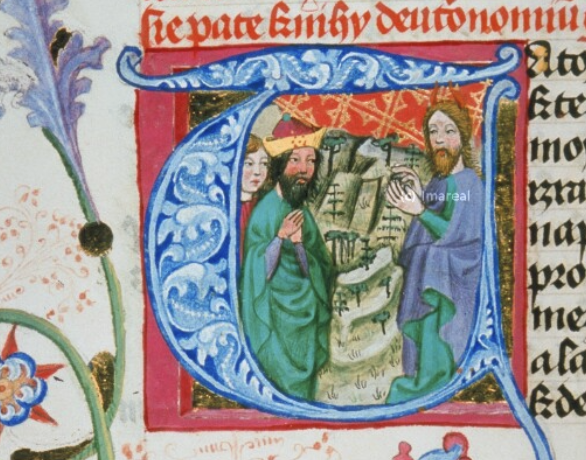
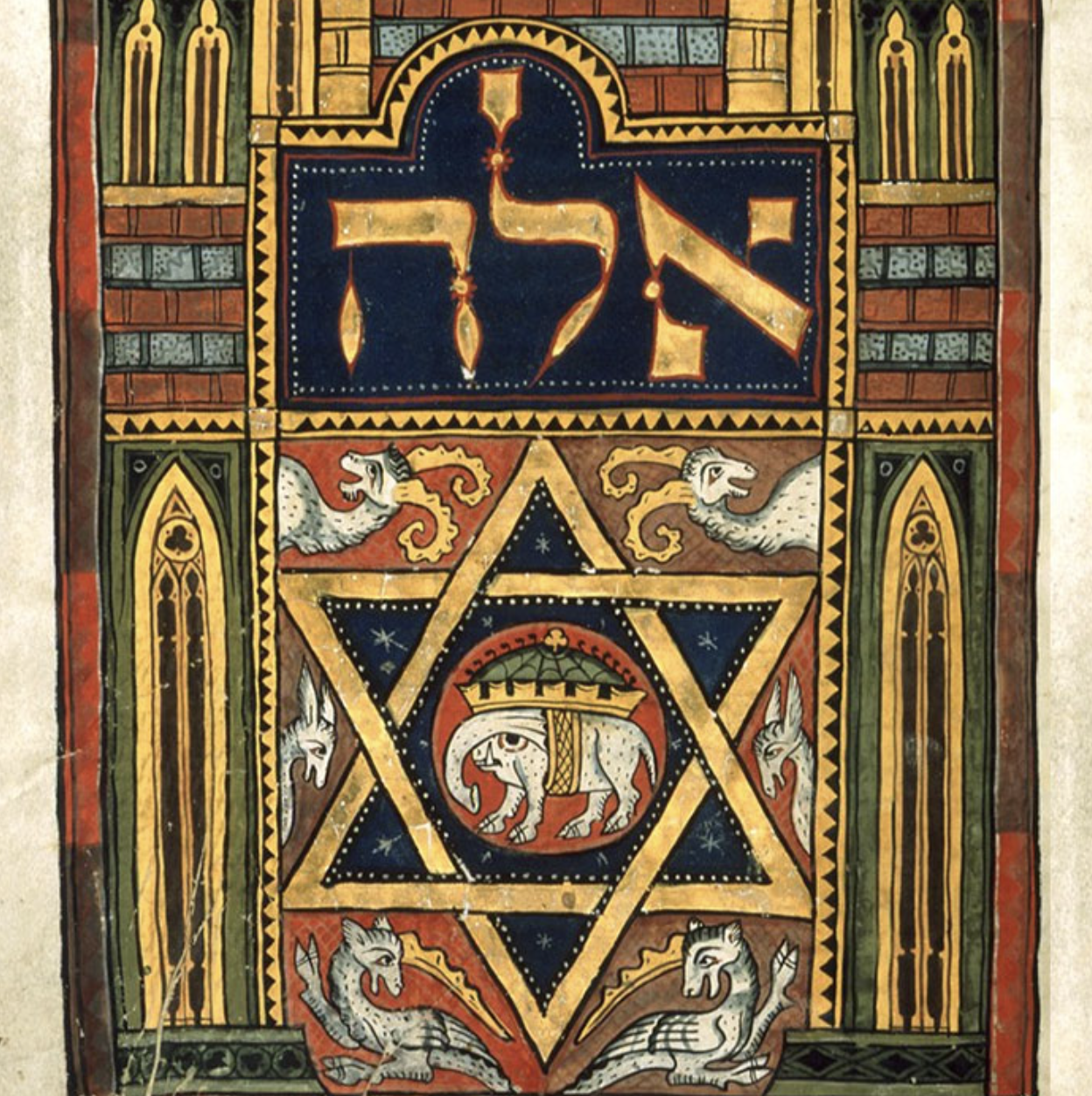
Deuteronomy.
The last book of the Torah is, at its core, about taking stock– and developing the tools we need for long-haul transformation work. In part, it shows us why reflecting on where we've been is so crucial to growing into who we need to become.
The English word means, "second law," from the Greek deuteros (second) + nomos (law).
Going back to the Jewish penchant for naming books after their first-ish words, we Yids call this book of the Torah Devarim, "Words," because Deuteronomy 1:1 opens,
These are the words that Moses addressed to all Israel on the other side of the Jordan.
Which is also appropriate, because, really, this book is all a lotta talking.
Deuteronomy is an outlier in many ways. Narratively, it's almost all one long speech. Moses and the Israelites have spent their 40 years wandering the desert after the drama of the whole spies/scouts incident. Now everybody's gotten to the edge of the Jordan River, and are preparing to enter the Promised Land.

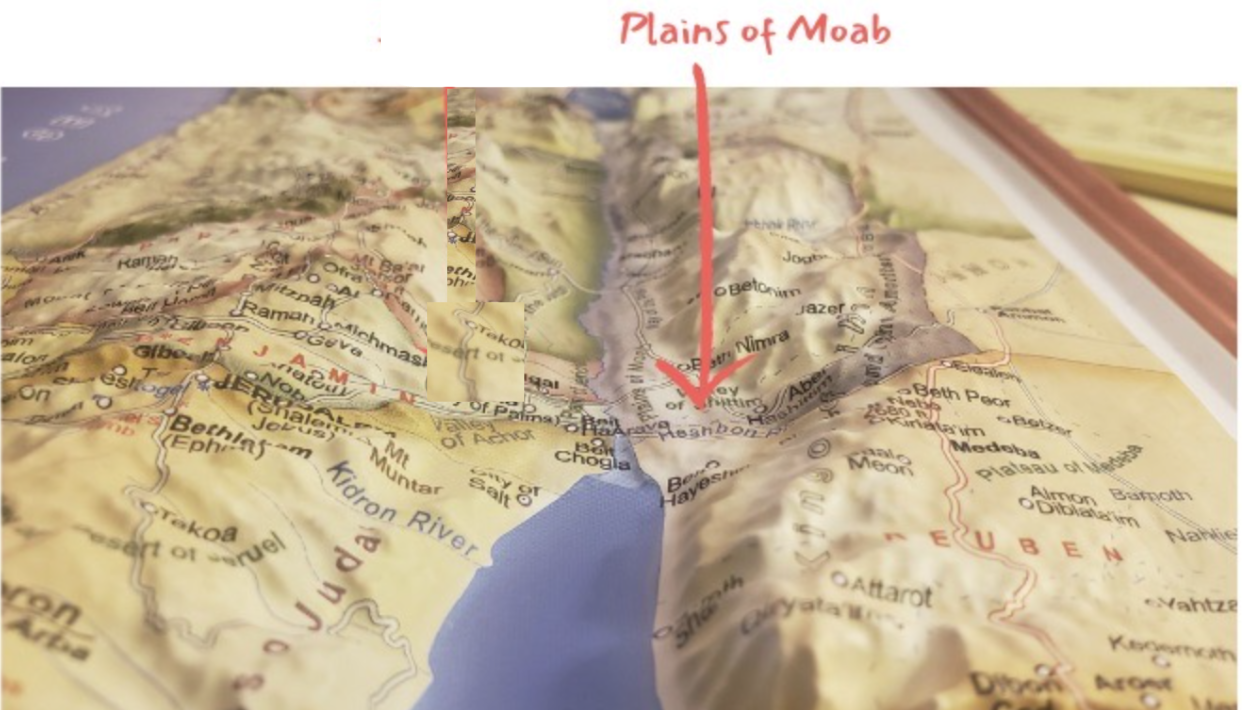
This isn't the generation that actually left Egypt, though, remember? That's the whole point. The 40 years of wandering was all about ensuring that the old guard didn't reach the Promised Land. So before it's time to move forward, Moses takes the time to tell these newbies–the children of those who were enslaved, who received the Torah, who had all those initial shenanigans on the road–about what their parents endured. Encoded in the Torah itself is the idea that how we Jews raise our children is through storytelling–through weaving history, memory, narrative and meaning.
Hence the name, "Deuteronomy," – it's the second law, the second time we're hearing these laws; it's a series of speeches by Moses in which he reviews what’s happened and goes deeper in setting up leadership and social structures.
Because in order to move forward we need to look at where we’ve been.
How else can we make sense of whatever will happen next– and our reactions to it? How else can we get clearer on our own role in the work for a more whole world? How else can we find critical tools that we need for the chapter to come?
Moving into leadership, moving into the best, bravest versions of ourselves cannot happen without facing down both our personal stories and our ancestral legacies. Otherwise, they remain trapped, unprocessed, driving us in ways we cannot possibly understand.
Whereas in Genesis, we actually did the work of differentiation, individuation from family, tried to survive it– here, we're ready to look back. To try to understand. To be ready to make meaning.
It's a different part of the lifecycle process, and a different part of the leadership process.
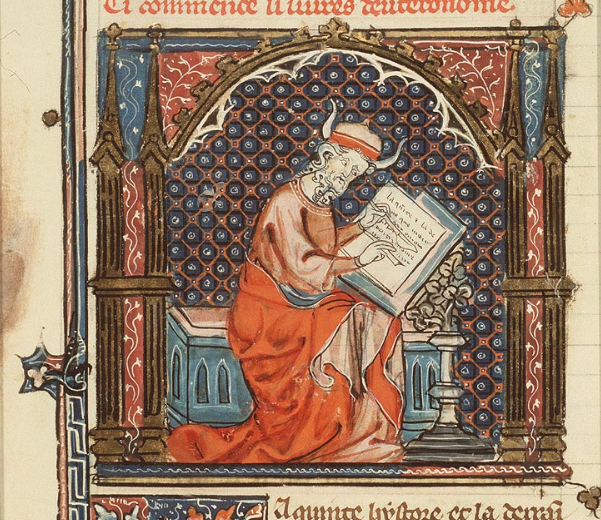
And how we read Deuteronomy—which contains deeply troubling, problematic ideas as well as powerful and illuminating ones—can teach us something about leadership and creating change as well. How do we work with the ideas that we’ve inherited? How do we bring the work for wholeness forward in an imperfect world in which our ideas about what justice is and looks like are ever-evolving?
And Deuteronomy itself grapples with questions of how to how to create systems for justice that are truly just. It also helps us to consider joy as a communal project, and to understand the power and limits of our capacities as leaders and agents of change. And, of course, it pushes us, as we prepare for what may be unceasingly hard work for a more just world, to reconsider our relationship with the Big Bigness, with the Great Interconnected Everythingness, the divine, the flow of all life, whatever words work (or don't) for you. How do we plug in, offer up, make sense of this connection? What, if any, are its boundaries?
Of course, historically, there's much more to it than that; we'll spend more time on this book's ancient context next week. So while Deuteronomy has some familiar stories and laws, as well as some new bits that make sense for the last book of the Torah–wrapping up issues of succession, for example–there are also many, many, many laws and other elements that are brand new, just for this book.
The Torah operates on so many levels at once– but on its deepest, I truly believe, it's a guidebook for showing us how to transform ourselves into people who can become more useful to a world in need of healing.
And this last book helps us to shore up all of our resources so that we can do this work for the long haul.
Thank you for being on this journey with me, and joining me for an extended hang on the Plains of Moab, as we gather those tools together.
🌱💗
🌱🌱🌱🌱🌱🌱🌱🌱🌱🌱🌱🌱🌱🌱🌱🌱🌱🌱🌱🌱🌱🌱🌱🌱🌱
Like this? Get more of it in your inbox every week. 🌱
For free every Monday—sign up at the ‘Subscribe now’ button just below.
And if you become a paid subscriber, that's how you can get tools for deeper transformation, a community for doing the work, and support the labor that makes these Monday essays happen.
A note on the subscription model:
I want my work to be as accessible to as many people as possible, in as many ways as possible. That's why the Monday essays are free, and why we donate subscriptions to anyone for whom paying is a barrier to the House of Study posts.
I also believe people should be paid fairly for their work. Needless to say, these two values sometimes seem to be in conflict, but I do what I can to find a fair balance. I offer many resources for free, and charge for others. When you donate generously or pay at the top of our scale, that helps support the work I do, provides access for those who have fewer resources, pays for the infrastructure and the technical and practical support that it takes to do this, and helps us keep the work sustainable.
And as always, if you want in to the Thursday space but paying isn't for you now, just email support@lifeisasacredtext.com and we'll hook you up.
And if you’d like to underwrite one of these donated subscriptions, you can do so by signing up at one of the higher subscription points.
And if it resonated with you, please share this post.
Sending a big pile of blessings and goodness your way. 💕
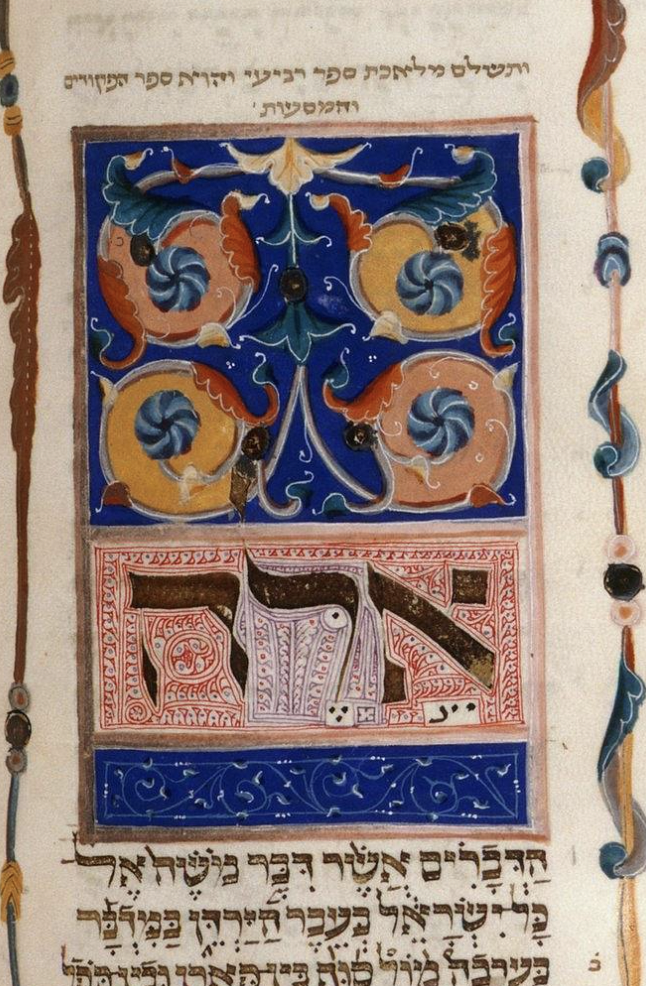


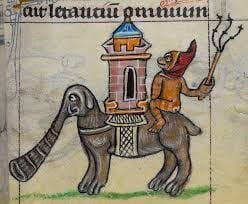
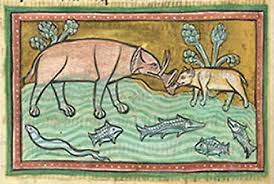

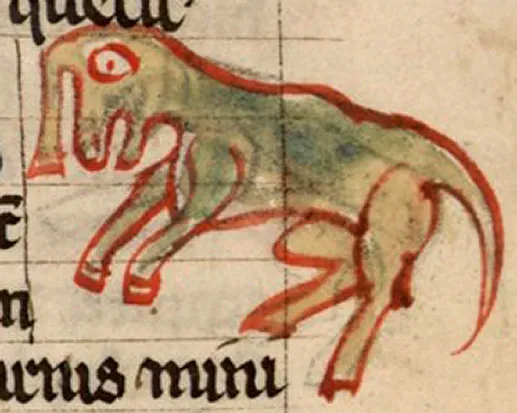
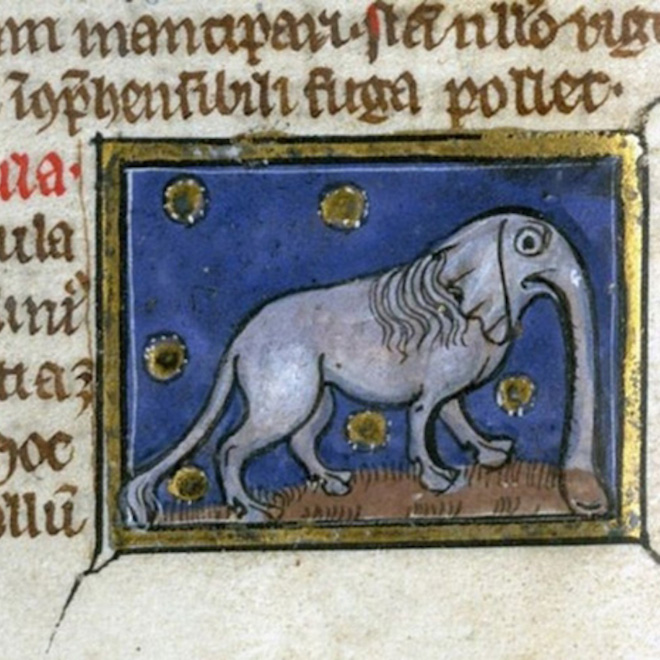
OK, and since "people drawing elephants even though they haven't seen an elephant" was a whole genre in the Middle Ages, here are some other glorious examples. I don't know why there's no alt-text here, but suffice to say, there are six images of elephant-ish like creatures being depicted here. My favorite is a hapless fellow in the bottom center who looks kind of like an earless donkey shocked to discover that he's got a snork-like appendage growing out of the top of his head.
